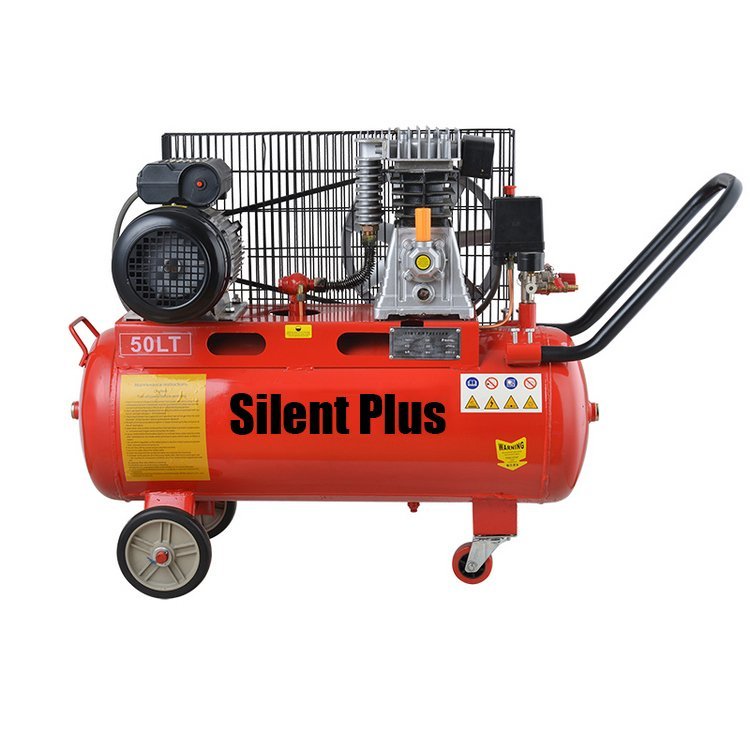The Importance of Moisture and Contaminant-Free Compressed Air in Dental Practice
A dental air compressor is an essential piece of equipment in any dental practice as it provides compressed air for various tools and equipment, including dental handpieces, air syringes, and curing lights. However, the quality of the air produced by a dental air compressor is just as important as its availability.
The Problem with Moisture and Contaminants
Moisture and contaminants, such as oil, dirt, and bacteria, can accumulate within the compressed air system of a dental air compressor. This can negatively affect the quality of the air produced and compromise patient safety. For example, moisture in the compressed air can cause rust and corrosion in dental instruments, leading to premature wear and tear. Additionally, contaminants in the compressed air can cause infections or complications in patients with compromised immune systems.
The Solution: Moisture Separators and Filters
To ensure the quality of the compressed air produced by a dental air compressor, it is important to install moisture separators and filters. Moisture separators remove excess moisture from the air before it reaches the dental instruments, while filters remove contaminants, such as oil and dirt. Both moisture separators and filters are typically installed in the compressed air line close to the dental instrument to ensure that the air reaching the patient is clean and dry.
Regular Maintenance and Replacement
Routine maintenance and replacement of both moisture separators and filters are critical to maintaining the quality of the compressed air produced by a dental air compressor. Moisture separators should be inspected regularly for signs of wear and tear, and replaced as necessary. Filters should also be replaced on a regular basis according to the manufacturer's guidelines.
Conclusion
In conclusion, the importance of moisture and contaminant-free compressed air cannot be overstated in a dental practice. Installing moisture separators and filters, along with regular maintenance and replacement, can help ensure the quality of the compressed air produced by a dental air compressor. This can help prevent infections, complications, and premature wear and tear on dental instruments, ultimately improving patient safety and overall practice efficiency.

